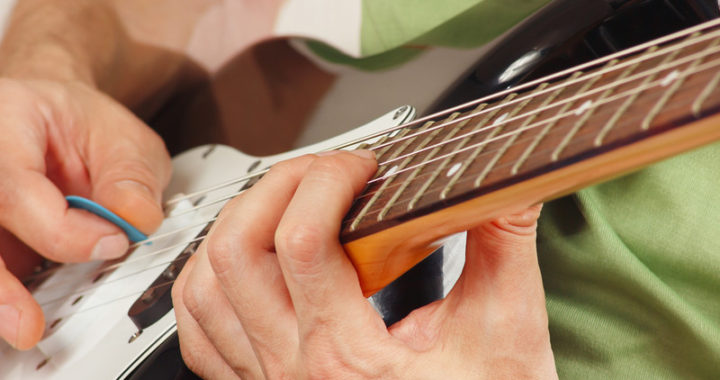Most songwriters know that melodies and lyrics are the two major components of songs that you can’t take from another copyright-protected song to use in your own. The original writer of the melodies and lyrics own the copyright — even if they never registered that copyright — unless that copyright has expired.
 Songwriters are very familiar with the chorus hook, but there are other kinds to experiment with, and you will want to discover the power of layering various kinds of hooks in the same song. “Hooks and Riffs: How They Grab Attention, Make Songs Memorable, and Build Your Fan Base“ shows you how it’s done.
Songwriters are very familiar with the chorus hook, but there are other kinds to experiment with, and you will want to discover the power of layering various kinds of hooks in the same song. “Hooks and Riffs: How They Grab Attention, Make Songs Memorable, and Build Your Fan Base“ shows you how it’s done.
And most songwriters know that chord progressions do not get to be protected by copyright. That means that if you come up with a chord progression for your own song, someone else could take that progression and use it in their own song, and not worry that they’ve infringed upon your copyright.
Except…
It’s the interpretation of law that actually matters in a court. Copyright laws may not change all that much over time, but how those laws get applied in a court case is something that experience tells us can change rather more frequently.
And even though chords are not protected by copyright, songwriters often unknowingly take more than the chords: they are inclined to borrow bits of rhythm, and even instrumental ideas from the song they’re borrowing the chords from.
And then borrowing chords becomes a problem, because courts lately are inclined to consider borrowing to be a breach of copyright if the feel of the new song resembles the feel of the one that’s contributing the chords.
In other words, even if the melody and lyrics are unique, judges and juries are likely to find that you’ve infringed on copyright if your song makes them think of an older, already-existing song.
So in that case, it might be a legal problem to borrow chords from another song. One of the most famous chord progressions from pop music history is the opening of Lennon & McCartney’s “Let It Be”. If you plan to use those chords, but you also choose to play them on piano, two beats per chord, at a ballad-style tempo… well, you see the problem.
But if you find a chord progression you like in a song that is protected by copyright, you should be fine as long as you plan to use that progression in a unique song that bears no resemblance to the song you’ve borrowed it from.
 Written by Gary Ewer. Follow Gary on Twitter.
Written by Gary Ewer. Follow Gary on Twitter.
 “The Essential Secrets of Songwriting” eBook bundle includes “Writing a Song From a Chord Progression”. Discover the secrets of making the chords-first songwriting process work for you.
“The Essential Secrets of Songwriting” eBook bundle includes “Writing a Song From a Chord Progression”. Discover the secrets of making the chords-first songwriting process work for you.










